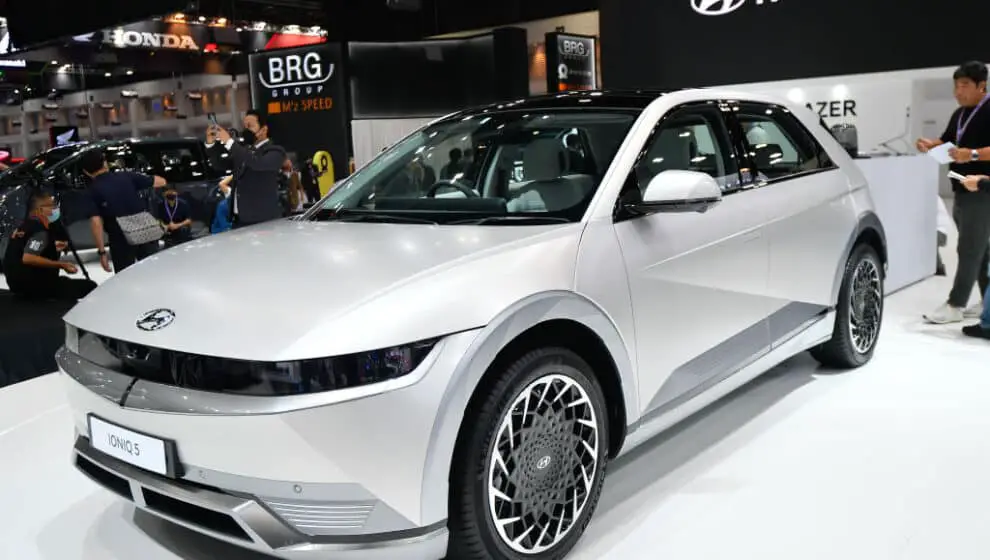Electric vehicles (EVs) are becoming more widely accepted, but there are a few things that need to be done before drivers can make the switch.
Key Details
- What EVs need to do to attract more buyers, according to Bloomberg writer Hannah Elliot…
- Lower the price tag to be equal or less expensive than traditional cars
- Institute quality control
- Increase the number and availability of charging systems
- Make models better looking than the current offerings
Why it’s news
EVs are the future as many car makers have been jumping on the chance to ditch gas-powered cars and go full speed ahead with EVs.
Battery-operated vehicles are becoming more widely accepted as more people are making the switch, but a few obstacles are stopping people from choosing an EV over a gas-powered car.
One of the biggest reasons—the price. EVs are significantly more expensive than gas powered cars.
The average price of an EV in the U.S. is $66,000—a 13% increase over 2021—while the average price of a gas powered car is $48,000, according to Kelley Blue Book.
Another obstacle standing in the way is quality control. As EVs become more popular, many established car makers as well as little startups have been rushing to create EVs and the vehicles are not made well.
Overall new vehicle quality dropped 11% this year, with the biggest drops coming from EV makers including Polestar and Tesla, according to JD Power’s most recent initial-quality study.
Charging stations have held many people back in the process to switch EVs as the U.S. does not have an adequate amount of chargers.
A recent study by McKinsey estimates that the U.S. needs about 20 times more public charging stations than currently exist—2.4 million would be needed by 2030 versus the 120,000 current ports across the U.S., which is what the Federal Highway Administration reports. There are about 2 million EVs in America at the moment.
The U.S. is in the process of rolling out a nation-wide charging network so this issue could soon become a thing of the past, but for now it remains relevant.
The network will place a charging station roughly every 50 miles along interstate highways, as part of President Joe Biden’s plans to have zero-emission vehicles be the main drivers on roads.
Lastly, many people don’t like the overall look of EVs.
Many people look at what a car looks like before deciding they want to drive the vehicle full time. Since EVs are still relatively new many manufacturers are trying out different designs to see what works the best, but most of them look strange holding people back from purchasing.
Regardless of these issues, EV purchases are still rising across the U.S. and the rest of the world as more people jump on the bandwagon to go green.

